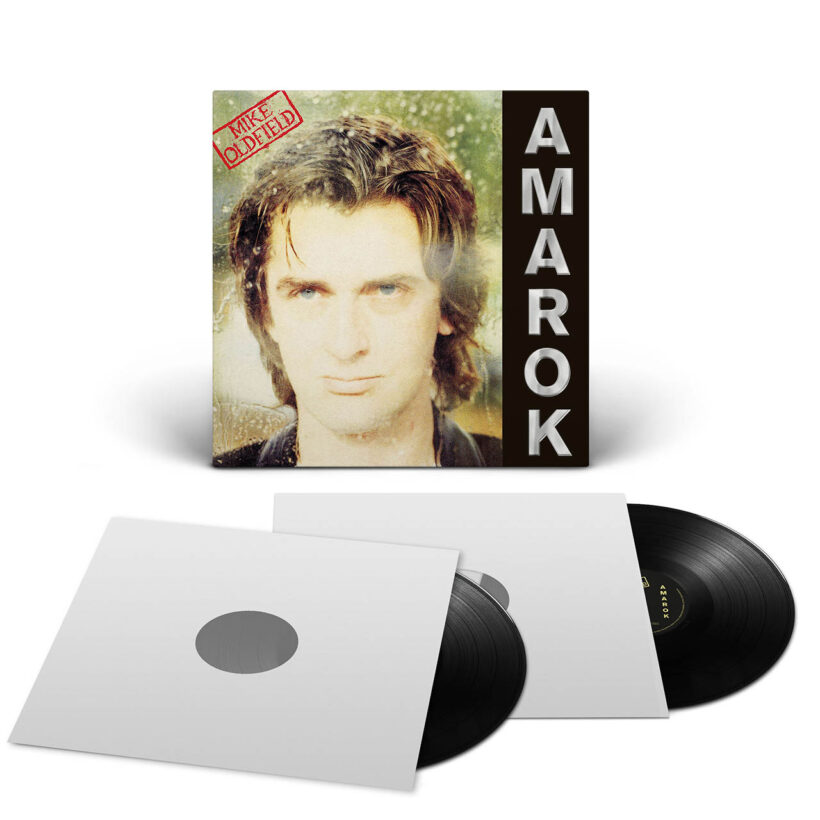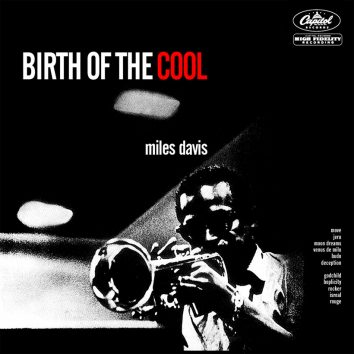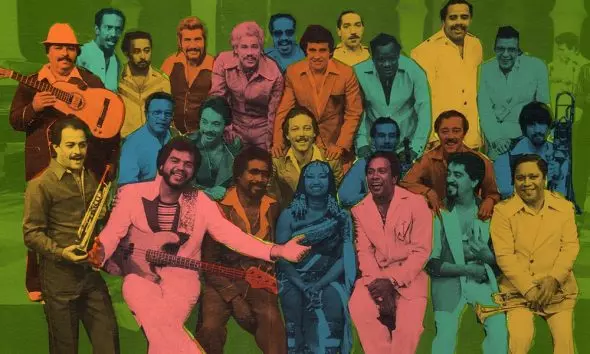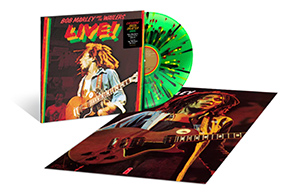Mike Oldfield Reveals Half-Speed Remastered Reissue of ‘Amarok’
Described as a ‘personal favorite’ record of the British artist, the remastered double LP is due out on October 31st.

British multi-instrumentalist Mike Oldfield has announced a new special edition of his 1990 album Amarok, in celebration of its 35th anniversary. The double-LP reissue features half-speed remastering by acclaimed engineer Miles Showell.
Originally released in May 1990 by Virgin Records, Amarok marked Oldfield’s thirteenth studio album. It’s presented as a single sixty-minute track of continuous, uninterrupted but constantly changing music—Oldfield has described the record as a personal favorite over the years.
For the anniversary edition, the sixty-minute composition has been divided into four fifteen-minute segments to optimize audio fidelity. This represents a departure from Amarok‘s original format, which was split into two halves on a single LP. The new anniversary edition also includes enhanced audio quality, a result of the half-speed mastering process.
Oldfield plays almost everything on the album, including what the liner notes list as “long thin metallic hanging tubes” – a playful reference to his 1973 breakthrough album Tubular Bells, which featured in the classic horror film The Exorcist. Instruments featured on Amarok range from the conventional to the deeply unconventional: guitars and keyboards are played as deftly as shoes, spoons, and a vacuum cleaner.
According to Oldfield, he initially conceptualized the record as an “angry protest album” aimed at Virgin, who he deemed unsupportive of his work. For this reason, Amarok was deliberately structured to be difficult for the label to market, featuring no sections suitable for radio airplay. Oldfield recorded the majority of Amarok at his home studio, working with Tubular Bells engineer Tom Newman as co-producer and lead engineer.
Amarok marked a deliberate return to acoustic instruments and live performance after Oldfield had increasingly relied on computers and synthesizers in his 1980s work. He avoided his Fairlight CMI computer and C-Lab sequencer and used little of his synthesisers, instead focusing on instruments including a 1908 baby grand piano and various organs.
Although Amarok (by design) did not chart very highly, it managed to enter the top 50 in various European countries. Despite Virgin’s suggestion to rename it Tubular Bells II, Oldfield refused and maintained the title Amarok, for which he drew inspiration from the Gaelic words for “morning” or “happy. ”
Order the half-speed mastered version of Mike Oldfield’s Amarok now.










